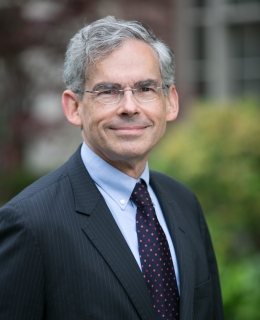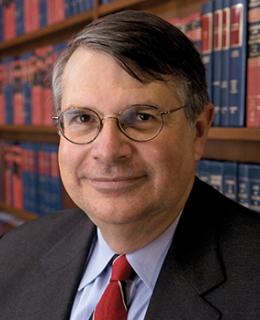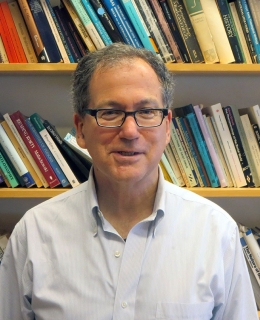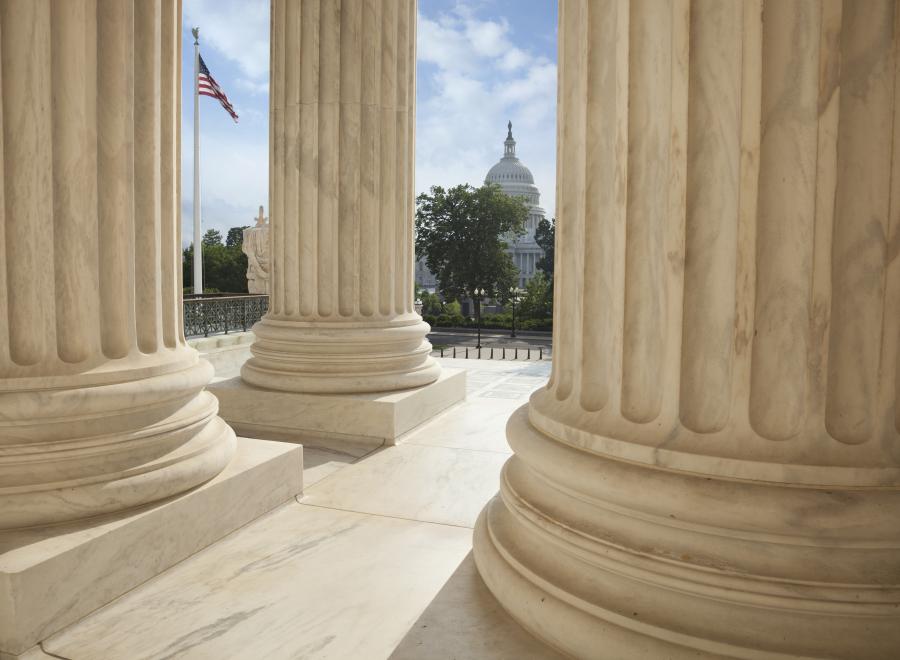Protecting the climate, nature, and people and promoting justice and a sustainable future requires leveraging tools that exist in nearly every area of the law—from property rights to human rights, international law to administrative law. Climate, environmental, and energy law are interdisciplinary fields at the nexus of science, business, public policy, human rights, and international relations. Many areas of the law—including corporate, property, real estate, intellectual property, tax, criminal, international, immigration, civil procedure, and contracts—play a role in how governments, corporations, and nongovernmental organizations address threats to the planet and humanity.
How can lawyers shape the local, national, and global response to climate change and other environmental threats?
Students engage with leading scholars and practitioners who have spent decades working in the emerging field of climate law and in environmental litigation and advocacy. Columbia University is devoted to finding new ways to respond to environmental threats across disciplines including through groundbreaking centers, clinics, and institutes, such as the Sabin Center for Climate Change Law, the Columbia Center on Sustainable Investment, the Environmental and Climate Justice Clinic, and the newly formed Climate School.
Why Columbia Law?
Research cutting-edge issues with leading lawyers at the Law School’s Sabin Center for Climate Change Law, which develops legal techniques to combat the climate crisis and advance climate justice and trains the next generation of leaders in the field.
Provide pro bono representation to community groups and residents in the Environmental and Climate Justice Clinic to address the disproportionate effects of climate change on low-income communities of color; prioritize worker health, dignity, and ownership; and shift economic activity to sustainable production.
Investigate solutions to protect vulnerable populations from humanitarian crises brought on by rising sea levels, heatwaves, floods, droughts, and other disasters that threaten basic needs like food and water.
Collaborate on projects with faculty and researchers at Columbia University’s Climate School, where more than 850 scientists, postdoctoral fellows, and staff as well as students work across disciplines to advance the scientific understanding of climate change and other environmental problems and find solutions.
Delve into the economic and geopolitical issues of the global energy industry by taking classes cross-listed with Columbia’s School for International and Public Affairs.
Making History: The Sabin Center for Climate Change Law, founded in 2009, has become the world’s leading academic center for research, education and publication on climate change law.







